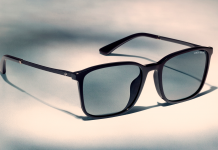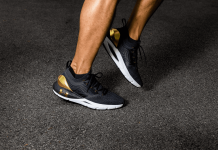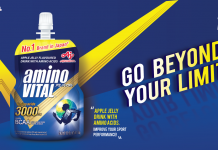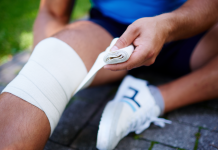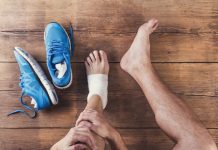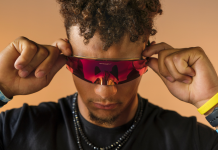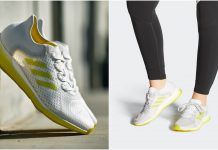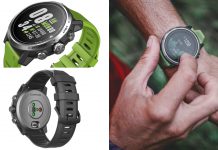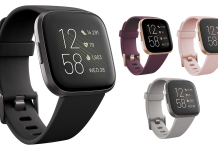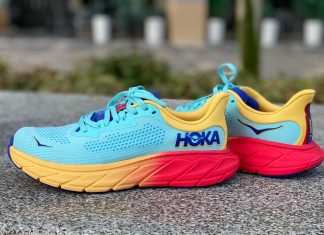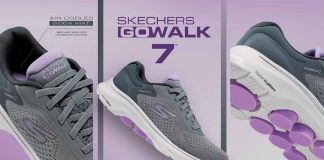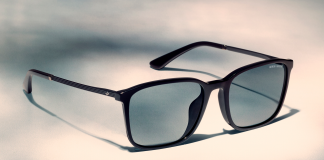“My diet causes edema too?”
Sodium is an essential part of our diet but we only need a small amount daily, about 5 grams of salt per day. Most people today are eating much more than that and most of it are coming from processed food. Your kidney tends to store more water in the system when you consume too much sodium. Besides, excess salt intake causes various health condition such as high blood pressure, heart attack, strokes and kidney diseases, which in turn worsens peripheral edema.
It’s also common to see obese people having swollen legs and ankle. Some cases can be so bad that it makes one reluctant to lace up their shoes. Don’t forget, edema a.k.a water retention is a response to body inflammation. You will notice why people can lose weight almost 10kg in by just the change in diet within 2 weeks’ time, because what you lose is water weight! You know those excess water weight, though temporary, for some cases, makes you feel sluggish, uncomfortable and can have negative effect to your appearance and quality of life.
“Does drinking less water help me with my edema?”
Water! The essence of life! Water is the most important nutrient for the maintenance of everyday normal bodily function. It is recommended for runners who suffer from edema to drink a good amount of water throughout the day. The health authorities commonly recommend 2 litres of water per day. Although, this sound counterintuitive, it has actually been shown to help. Drinking water to eliminate water, works! It helps to regulate the body’s feedback mechanism whether it is dehydrated or hydrated. The body can keep retaining water because the thirst reflex is engaged. Your body wants to store the water when it is in a state of dehydration. Therefore, drinking lots of water signals the body to excrete more water, restoring the fluid balance in your body. In fact, it is one of the natural way to reduce the risk of getting edema.
“I have had leg swelling almost constantly but I don’t feel pain, can I just let it be?”
Chronic refers to swelling that occurs over a long period of time, ranging from month till years, and can be difficult for an athlete to detect, but it is very detrimental if left untreated. Prolong inflammation and swelling can lead to atrophy of the muscles surrounding the joint and decreased ability to activate the muscles. If it is not treated appropriately, the swelling can become chronic or long term. Chronic swelling leads to tissue becoming more rigid and less pliable than the healthy counterpart. Less pliable tissues are more susceptible to further injury.
Unless the swelling is severe, prolonged or accompanied by pain, swelling legs after a run can be fairly normal and can be a result of a number of factors. Pay attention to swelling legs, but don’t let it deter you from the benefits to your muscles and bones that running provides. Happy running!
#iamstillrunning.
Tips!
- Lose water weight fast and healthy? Personal experience plus from various source of researches, from professional dieticians and nutritionists, and testimonials from patients, the fastest and most effective way that works is to first, cut down simple carbs, sugar, flours, including rice and noodles. Replace them by having 6 small meals a day, with suffice vegetables and protein in your diet. You will see the improvement on your skin, having less outbreaks and less puffy. Try it!
- How you know you are drinking enough water? Easy. Keep an eye on your urine color! Your urine should be light yellow, not dark or brownish. That is a clear sign of dehydration
 Dr. Jo Wee
Dr. Jo Wee
Chiropractor
Dr. Jo Wee is the lead chiropractor in KiroLounge KL, graduating from International Medical University (IMU) and an official member of the Association of Chiropractic Malaysia. She is a family chiropractor and treats people of all ages, ranging from toddlers to elderlies. She focuses on the relationship of postural deviations being the cause of various symptoms and reduced function of the body leading to injuries and pain. She is currently pursuing her interest as a yoga therapist. If you have any queries, you can contact her via e-mail at dr.jowee@kirolounge.com



